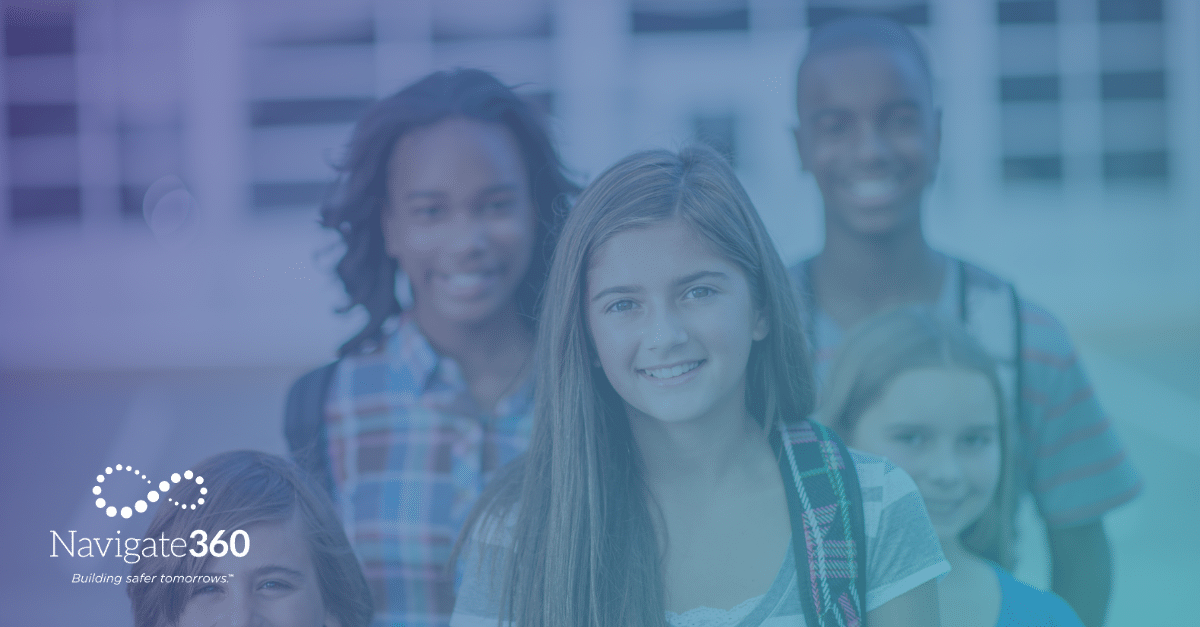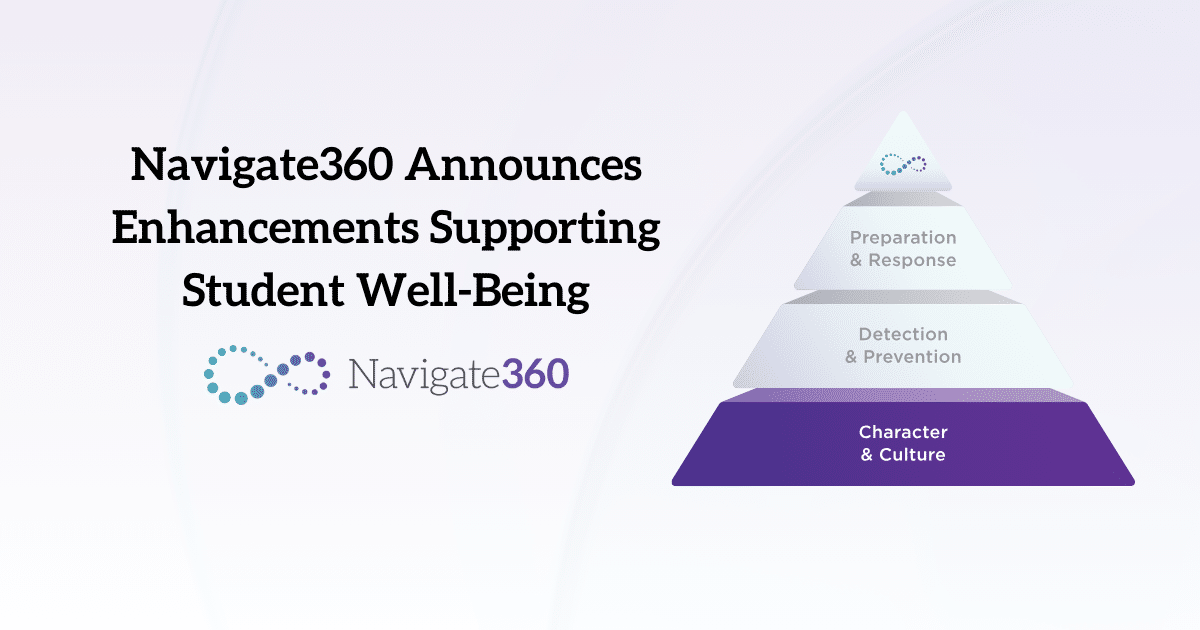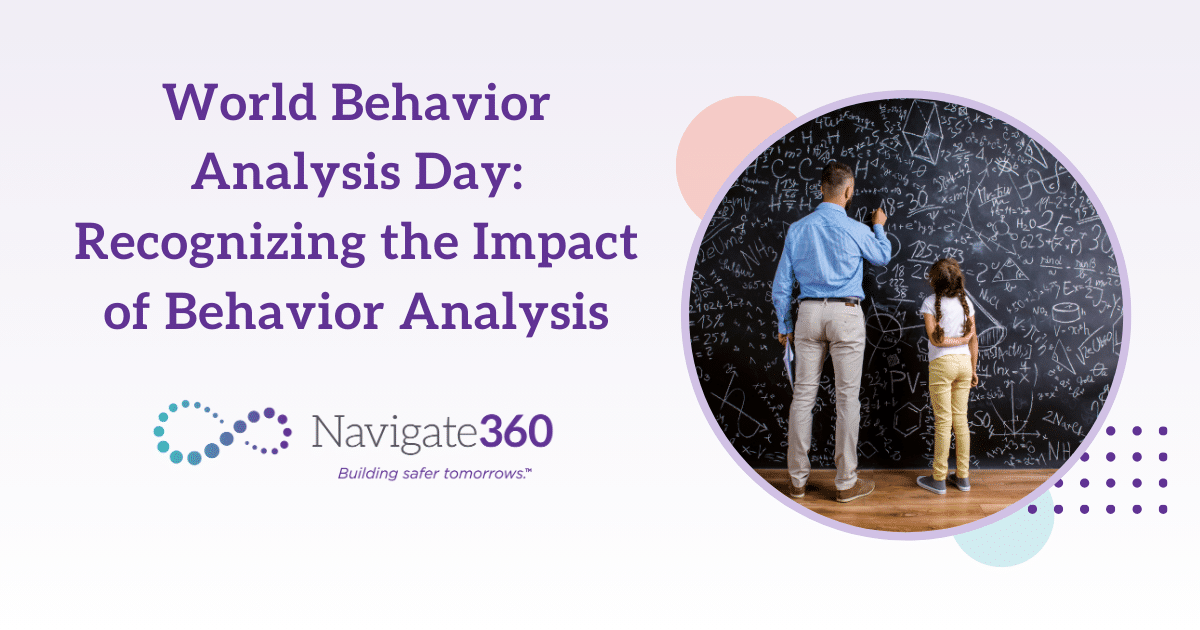ROI: Essential Life Skills
The Collaborative for Academic, Social, and Emotional Learning, commonly known as CASEL, lists five core social-emotional competencies students should master:
- Self-Awareness
- Self-Management
- Social Awareness
- Relationship Skills
- Responsible Decision-Making
These competencies form the foundation of emotional intelligence and play a pivotal role in the navigation of personal relationships as well as in the ability to effectively address challenges. It’s important to remember, however, that each student develops these skills at their own pace. Investing in student social-emotional growth through intentional instruction in these competencies means that some students will need additional guidance. Regardless, mastery of these competencies can help students to better manage their emotions, paving the way for healthier relationships both in and out of the academic setting.
ROI: Academic Achievement
A positive and emotionally supportive learning environment enhances students’ ability to concentrate, engage in critical thinking, and effectively collaborate with peers. When students feel a sense of belonging and emotional safety, it can produce motivation and resiliency in the face of academic challenges. This, in turn, can lead to improved educational outcomes and a greater likelihood of success in future endeavors.
ROI: Positive Mental Health Outcomes
The pressures of academic performance and social interactions can take a toll on students’ mental well-being. By prioritizing programs that address mental health and well-being, schools contribute to creating a more supportive and understanding community. This proactive approach not only helps students cope with stress but also reduces the stigma surrounding mental health issues, fostering a culture where seeking help is encouraged and normalized.
ROI: Modern Workforce Skills
In addition to individual benefits, there are societal advantages to investing in student social-emotional instruction. Students who develop strong social and emotional skills are able to better navigate the complexities of the modern workforce. Employers increasingly value traits such as communication, teamwork, and adaptability, which are cultivated through social-emotional learning. Thus, investing in these skills prepares students for the demands of the 21st-century job market, contributing to a more skilled and resilient workforce.
ROI: Responsible Citizens
The ultimate goal of education is to provide students with the knowledge and abilities to lead productive lives. The outgrowth of social-emotional learning contributes to the development of responsible and empathetic citizens. Students who understand the importance of empathy, cultural sensitivity, and cooperation are more likely to contribute positively to their communities. This investment can have a ripple effect, fostering a society where individuals are attuned to the needs of others, work collaboratively towards common goals, and actively engage in community service.
Investing in Social-Emotional Instruction With Navigate360
Social-emotional instruction is an investment in the holistic development of individuals and society at large. Just as we don’t expect students to arrive at school already knowing how to read and write, we shouldn’t expect them to have well-developed social-emotional skills, either. It’s important to explicitly teach and model SEL skills the same way we instruct in reading or math.
By prioritizing SEL strategies in the classroom that nurture emotional intelligence, resilience, and interpersonal skills, educational institutions contribute to creating well-rounded individuals who are not only academically proficient but also equipped to navigate the complexities of life. The long-term benefits extend beyond the classroom, positively impacting the workforce, communities, and society as a whole. As we recognize the interconnectedness of academic success and emotional well-being, investing in social-emotional instruction becomes imperative for shaping a brighter and more compassionate future.
Social-Emotional Learning for Students
Navigate360 can help your district and schools provide SEL in the classroom with our Suite360 for Students curriculum. With more than 500 lessons available, Suite360 reaches students from PK-12 with scaffolded instruction designed to build skills over time. The extensive library of lessons aligns with the CASEL framework and is sequenced to ensure consistency throughout a student’s education. Lessons are delivered in a digital format, perfect for the learning styles of today’s students. Diverse topics and engaging content help students to become socially and emotionally well-rounded.
Social-Emotional Learning for Staff
Students benefit from a full suite of SEL instruction that includes companion solutions for staff and families. Suite360 for Staff enables teachers and staff to better understand students’ needs and support them in their social-emotional development. Additionally, staff benefit from improving their mental and emotional well-being through a series of lessons that help them grow professionally. This professional development empowers staff to care for their own social-emotional needs and mental health, which in turn helps to promote a more positive campus atmosphere.
Social-Emotional Learning for Families
Boost SEL instruction for students by involving families in the process. Suite360 for Families provides companion lessons for families to reinforce social-emotional learning at home. The lessons provided in Suite360 for Families correspond to the lessons students receive in Suite360 for Students and help families to have productive, informed conversations with their students about tough topics. The digital format of the lessons allows families to access learning in the comfort and privacy of their own homes, making participation easier for busy parents and caregivers.
The Suite360 curriculum is available in both English and Spanish to accommodate a majority of students and their families. Suite360 for Families includes family resources in multiple languages, providing families with resources in their native language. Ongoing development means that the curriculum stays up to date and reflects topics and challenges that are relevant. Additionally, Suite360 provides opportunities for professional development, supporting educators as they improve SEL understanding and build a positive schoolwide culture through SEL.
Investing in student social-emotional instruction can impact school climate, student culture, and academic success, from preschool through graduation. Let Navigate360 show you how to make every act count in your district and schools. Contact us to learn more!




